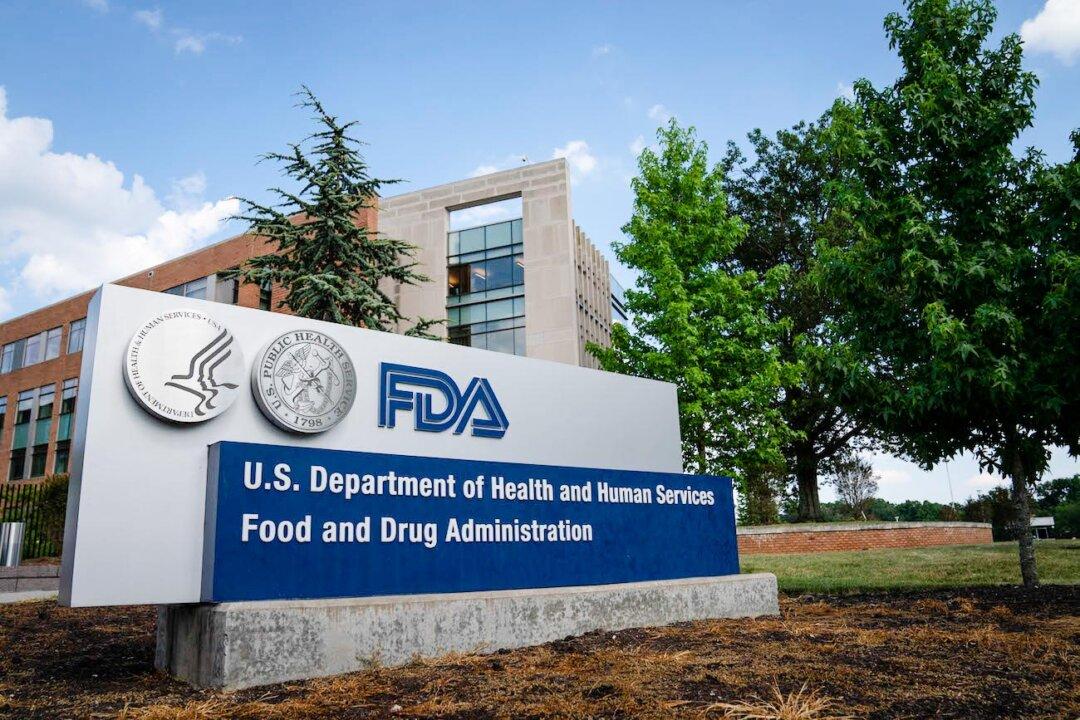The U.S. Food and Drug Administration (FDA) issued a warning to hospitals not to give probiotics to preterm infants after a baby recently died.
In a warning published last week, the agency said that an investigation in the case was opened after a preterm infant was given the probiotic Evivo with MCT Oil, made by Infinant Health, as part of in-hospital care. The child later “developed sepsis caused by the bacterium Bifidobacterium longum and subsequently died,” the health regulator said.





